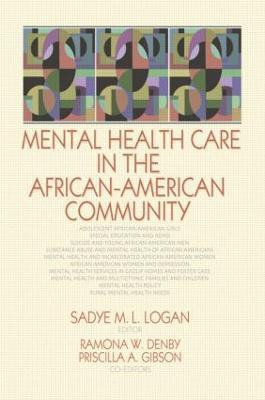Mental Health Care in the African-American Community(English, Paperback, unknown)
Quick Overview
Product Price Comparison
Over the course of an African American's lifetime, mental health care needs change according to an individual's unique interactions with his or her environment. Mental Health Care in the African-American Community uses this perspective to provide a deeper analysis of factors and issues affecting the mental health of African Americans. This comprehensive text provides a current and historical analysis of the impact of mental health research, policy, community, and clinical practice from a life course perspective. Stressing evidence-based practice as an expanded way to think and talk about individualizing and translating evidence into a given practice situation, this valuable book provides a social work context for all helping professions. Mental Health Care in the African-American Community provides the helping community with non-traditional, expanded ways of thinking and intervening in the mental health needs and care of African Americans. Organized logically, this complex subject presents data in a user-friendly way that engages the reader, and provides chapter summaries and suggested group/classroom activities to facilitate understanding. This text is extensively referenced and includes figures and tables to clearly illustrate data. Topics in Mental Health Care in the African-American Community include: a historical overview of African Americans' mental health care a conceptual and theoretical framework for African Americans' mental health current issues affecting mental health intervention for African Americans mental health in group homes and foster care depression substance abuse poverty ADHD suicide mental health in elderly African Americans mental health policy rural African American mental health needs kinship care multiethnic families and children much, much more! Mental Health Care in the African-American Community is a valuable textbook for practitioners; administrators; researchers; policymakers; educators; and students in social work, psychology, mental health services, case management, and community planning.


